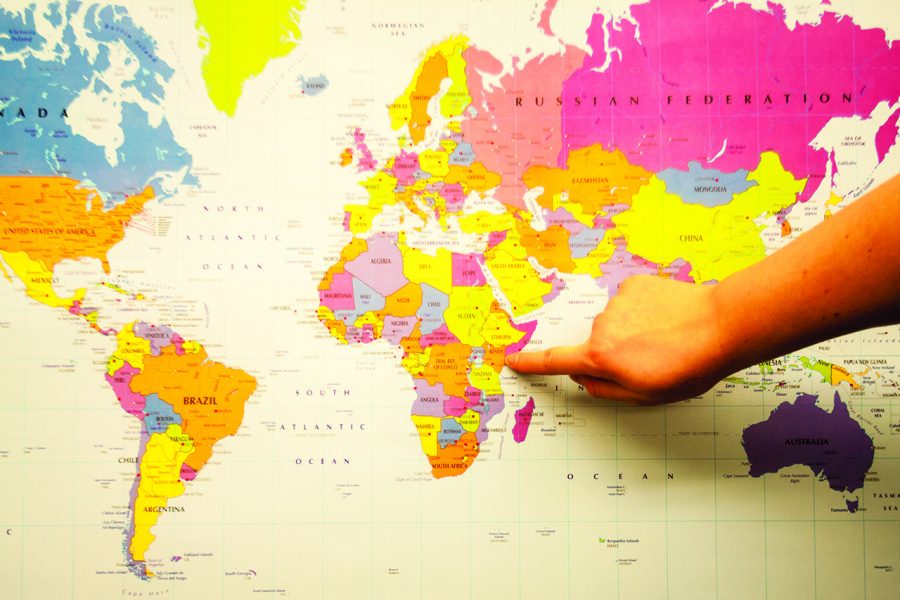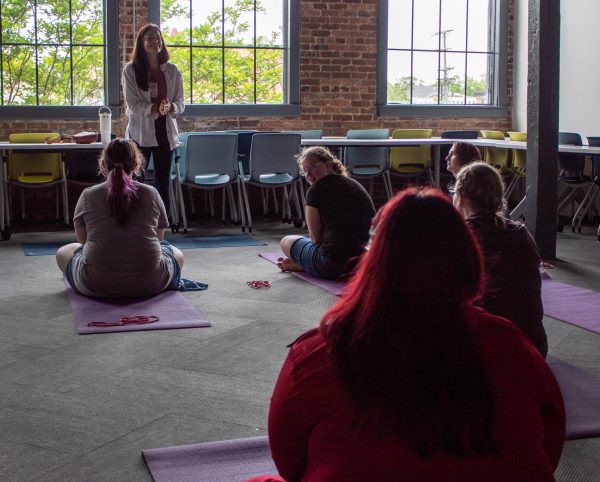Students lack important geographical knowledge
February 6, 2014
Geography: while students may think the subject is something they mastered in middle school, our survey of 10 random students on campus suggests there could be more to learn.
Our process was simple. We would stop a student and ask them to point out the following well-known countries on a map: The Bahamas, Italy, France, Madagascar, Egypt, Sudan, Syria, North Korea, South Korea, Ireland and Iraq.
While most of the students were able to locate the countries, only two were able to find all 11 without struggling. Three of the students were unable to locate more than one of the countries.
The students’ lack of geographical knowledge could come from a lack of familiarity with the subject, considering Alabama school systems do not have geography classes except in the 7th grade, said geography professor William Strong.
The term for being well-versed in the location of countries is “geographically literate,” Strong said.
Geographical literacy can be broken down into Three I’s: interconnections, interactions, and implications. These words refer to how different countries affect each other and impact the world around us, Strong said.
“I believe if you have more knowledge about the world, you know more about what’s going on,” said sophomore Michalia Lewis.
Individuals who don’t understand the way the world is connected may have a misunderstanding of how problems within their own country occur. When living in a globally interconnected society, individuals can’t separate themselves from problems the global economy, Strong said.
“There are people who aren’t literate who say look at what happened to our country,” Strong said.
This is why Strong’s class emphasizes where places are and the U.S.’s relationship with them. These relationships can affect a variety of things in the every day lives of people, including the cars people drive, Strong said.
“The rest of the world knows about us, [but] we don’t know much about them,” Strong said.
The Geography Department partners with National Geographic in the Alabama Geographic Alliance to inform students about the world around them, Strong said.
“It’s certainly important not just to know races but to understand how geographers look at the world,” Strong said.
Sophomore Paige Drouillard believes that geographical literacy is important, she said.
“I think it’s good to know about other countries (and) how they are living (in terms of necessities),” Drouillard said.
Geographical literacy also allows students to understand the performance of other countries, said Junior Jacob Dawson.
“To be globally competent is to have an awareness of what other countries globally (and) economically is responsible for,” Dawson said.











